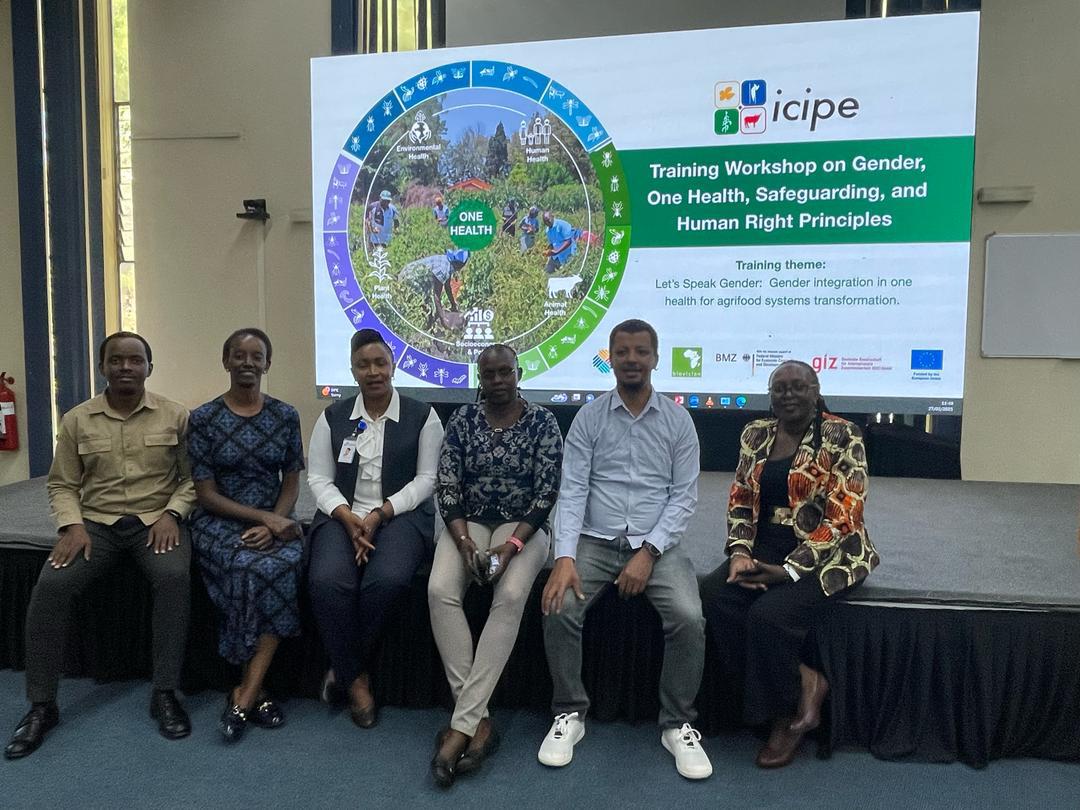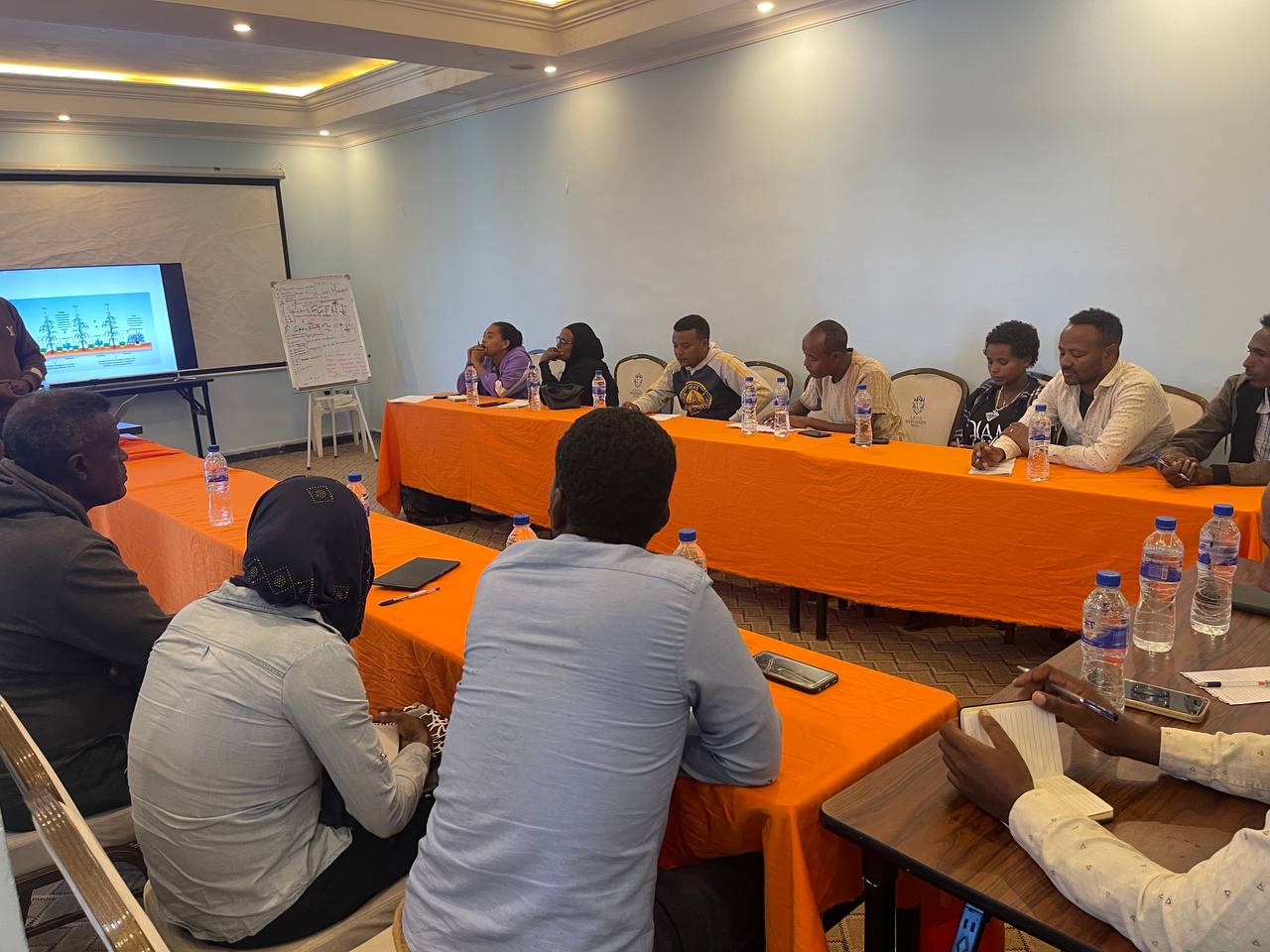Starting on July 12th, UPSCALE consortium partners Tanzania Agricultural Research Institute (TARI), organized a 4-day enumerators’ training in Tanzania and at the same time, led by the Institute for Sustainable Development (ISD) same training has been organized in Ethiopia with the support of Kenya Agricultural & Livestock Research Organization (KALRO) and International Centre of Insect Physiology and Ecology (icipe) on both locations. These events make the initiation of the UPSCALE project baseline survey in Ethiopia to be executed until the 30th of July.
Ethiopia
The participants are data collectors recruited based on their experience in conducting household-level surveys. The lead trainer is Dr. Beatrice Muriithi from ICIPE, Nairobi, supported by Mr. Andargchew (ISD UPSCALE project crop productivity and logistics coordinator) and Mr. Merga Challa (PM & E Expert, ISD-UPSCALE). The training is taking place in Dessie town, in the Amhara region, close to one of the project sites. Four days of training included the pretesting of certain tools with a few farmers, followed immediately by the survey, which will also be conducted in three districts (woredas), i.e. Kalu, Dawa Shewa, and Qewot until the end of July.
Tanzania
The baseline survey exercise was conducted in Mara region, an UPSCALE test site. Activities included enumerator training of enumerators for 3 days at AICT Agroforestry Centre, Musoma; pretesting the tool (9 farmers); and actual data collection (13 days). Recruited enumerators (gender-balanced, 4:4) have basic agriculture knowledge and experience in conducting household-level surveys. The official opening was held by Tanzania UPSCALE Project Coordinator, Dr. Everina Rukonge, (through Zoom) giving the project overview whereas Dr. Rwiza gave an overview on Push-Pull technology in Tanzania. The lead trainer was Fredah Maina (KALRO), supported by Drs. Adventina Babu and James Nkwabi, supervisors of data collection in four study districts (Bunda, Butiama, Rorya and Tarime).
Who can qualify as an enumerator and what is their role?
Enumerators are recruited using the following criteria:
- They should have at least a BSc in the agricultural-related field;
- Speak the local language;
- Have participated in a similar survey previously.
- Familiarity with ODK for data collection* is considered as an added advantage.
Enumerators’ role is to provide sufficient manpower for collecting baseline data in this initial phase of the UPSCALE project by conducting interviews at the household level. The enumerators are taken through a 4-day training period to understand the objectives of the UPSCALE project, the scope, as well as the survey tool; after which they sign an agreement to conduct the work with diligence and protect all property rights obtained through the period for UPSCALE.
The baseline survey is crucial to the UPSCALE project as it provides (i) current status of push-pull technology uptake (scope, disadoption, elements e.t.c.); (ii) guide for activity planning; (iii) point of reference for monitoring project activities (midline) and measuring impact at the end of the project life (endline). Therefore, the survey will assess the initial adoption of push-pull and provide sub-indicators that reflect the socioeconomic conditions (yields, knowledge, perceptions, adaptation of the technology, income, livelihood indicators) of the target communities in the study countries at the start of the project. The survey will also establish current wealth indicators, income levels, and food security status of the households; land sizes; disadoption and reasons for non-adoption. The sample size of 300 households in each country comprises 150 push-pull farmers and 150 non-push pull farmers to help make a comparison of the socio-economic conditions as well as provide a basis for attribution of impact to project activities.
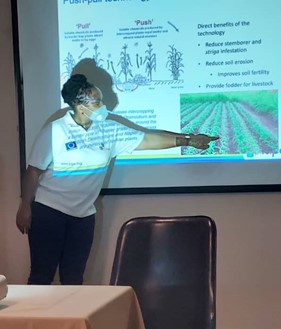
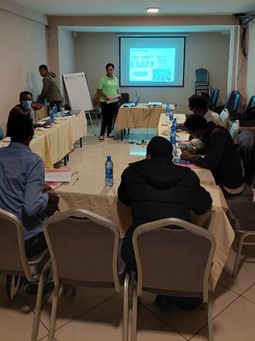
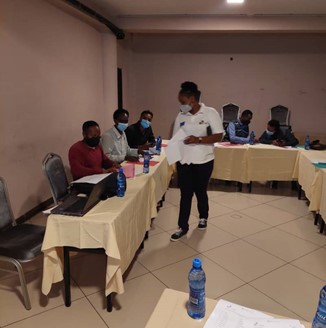
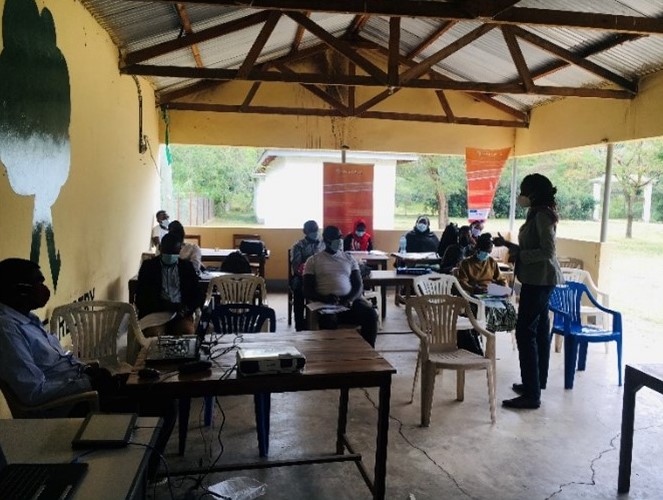
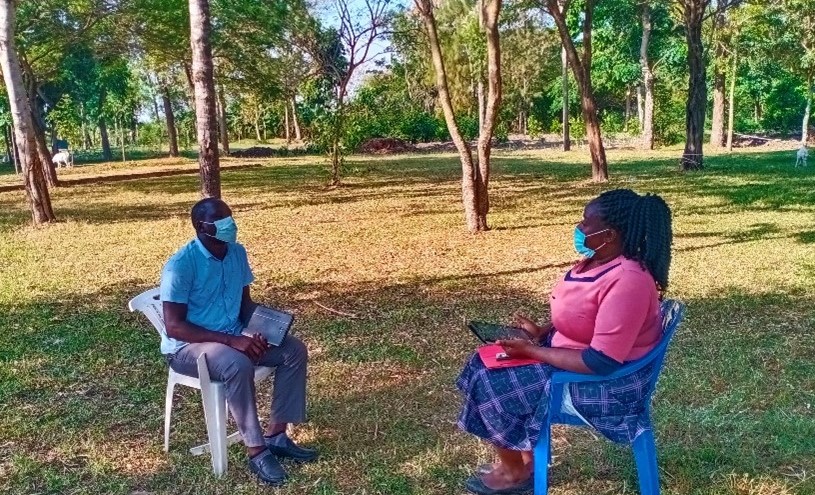
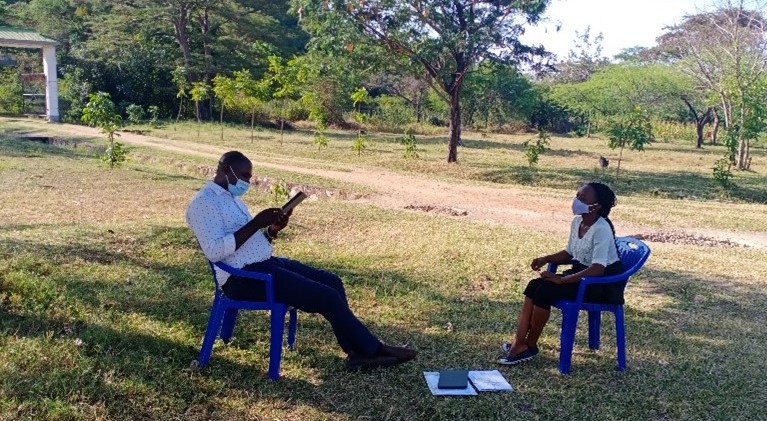
The results are to be known in August, so stay tuned!
*The ODK or Open Data Kit (Open Data Kit); is a computer app/open-source mobile data collection software. Once the data collection is completed, it is submitted in real-time to a web-based site where the ODK form designer can access it using a self-defined username and password. It is on this site that our baseline survey data from all five countries is backed-up, and is submitted daily once the enumerators conclude their day’s interviews.


